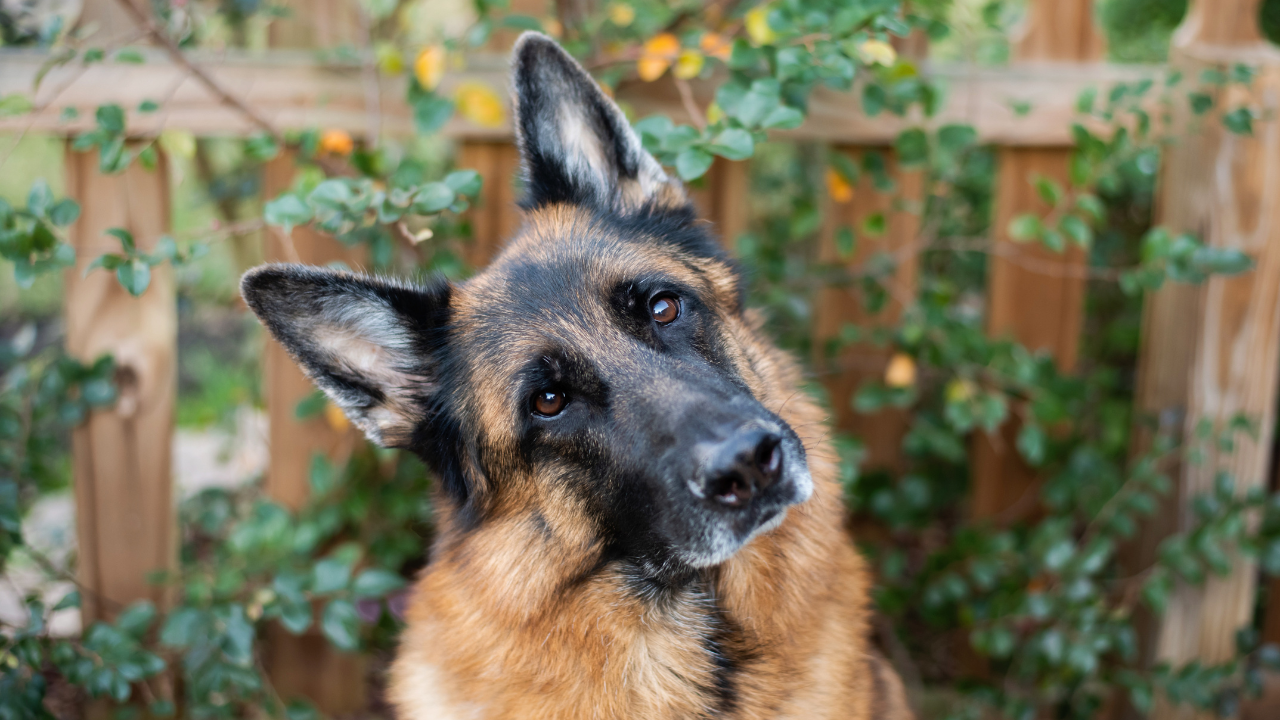Palliative Care for Dogs with Cancer
Jun 29, 2024
When a beloved pet is diagnosed with cancer, life can suddenly feel overwhelming. The ground shifts beneath your feet, and you're faced with a series of decisions that you never imagined having to make. For many pet parents, it's one of the most heartbreaking experiences imaginable. Amidst the fear, confusion, and sorrow, one option that’s often overlooked—but increasingly embraced in veterinary medicine—is palliative care.
Palliative care focuses not on curing the disease but on maximizing comfort and preserving quality of life. It’s a compassionate, thoughtful approach that honors the bond between you and your dog, aiming to ease suffering and make each remaining day as meaningful and peaceful as possible.
What Is Palliative Care?
Palliative care is a form of supportive care that addresses the physical, emotional, and psychological needs of a dog with a serious illness like cancer. Rather than pursuing aggressive treatments that may cause stress or discomfort with limited benefit, palliative care aims to create a nurturing environment that emphasizes comfort, dignity, and love.
This care model doesn’t mean giving up. On the contrary, it’s about being deeply present and intentional—making choices that prioritize your pet’s well-being over everything else. In many cases, palliative care can extend a pet’s life while enhancing the quality of the time you still have together.
Relieving Pain and Discomfort
One of the primary goals of palliative care is effective pain management. Cancer can cause varying levels of discomfort, and sometimes the treatments themselves—such as surgery, radiation, or chemotherapy—can contribute to this distress.
Your veterinarian may recommend a tailored combination of medications like NSAIDs (nonsteroidal anti-inflammatory drugs), opioids, or gabapentin, depending on the type and stage of cancer. But medicine isn’t the only way to provide relief. Complementary therapies, including:
-
Acupuncture
-
Massage therapy
-
Cold laser therapy
-
Physical therapy
…can work alongside conventional treatments to ease pain, improve mobility, and help your dog feel more at ease.
Supporting Nutrition and Hydration
Cancer often affects appetite and digestion. Some dogs may become pickier with food, while others might refuse to eat altogether. Proper nutrition is vital—not only to maintain strength and weight, but also to support immune function and recovery from any ongoing treatments.
Your veterinary team may suggest high-protein, nutrient-dense foods, supplements, or even homemade diets tailored to your dog’s specific needs. In some cases, appetite stimulants or anti-nausea medications might help your dog feel better enough to eat.
Hydration is just as important. Dehydration can worsen fatigue, nausea, and discomfort, so your vet may recommend ways to boost fluid intake at home—like offering bone broth, ice chips, or subcutaneous fluids if needed.
Nurturing Emotional and Mental Well-being
Dogs, just like people, experience emotions. They can feel stress, confusion, and sadness—especially when they sense that something isn’t quite right. Providing emotional support is a vital part of palliative care.
Here are a few simple but meaningful ways to support your dog emotionally:
-
Stick to familiar routines to create a sense of safety
-
Provide quiet, comfortable resting places free from loud noises or disruptions
-
Engage in gentle play or short walks, depending on energy levels
-
Use calming therapies like aromatherapy, soothing music, or touch therapy
Most of all, be present. Your calm voice, your reassuring touch, and your time together mean everything.
End-of-Life Conversations and Decisions
One of the most painful parts of caring for a dog with cancer is facing the possibility of saying goodbye. These conversations are never easy, but they are necessary—and they’re best approached with honesty, love, and support.
Palliative care includes helping you recognize signs that your dog’s quality of life may be declining, such as:
-
Persistent pain or restlessness
-
Refusal to eat or drink
-
Difficulty breathing or walking
-
Loss of interest in things they once enjoyed
Your veterinarian can be a compassionate guide, helping you assess these changes and discuss options such as in-home hospice care or euthanasia, if and when the time comes. The goal is always to prevent unnecessary suffering and to allow your dog to transition with peace and dignity.
Caring for Yourself During This Time
Your love and devotion to your dog are powerful. But this journey takes a toll. It’s emotionally exhausting, and it’s important to remember that you deserve care too.
Give yourself permission to:
-
Talk to a pet grief counselor or therapist
-
Join a support group with others who understand
-
Journal your thoughts, feelings, and memories
-
Ask for help—from friends, family, or professional caregivers
You’re not alone, and you don’t have to carry this burden without support.
A Gift of Love
Choosing palliative care isn’t about giving up hope—it’s about redefining hope. It’s choosing love, presence, and peace. It’s finding beauty in the little things—a tail wag, a peaceful nap in the sun, a lick on the hand—and holding on to the moments that still shine, even in the shadow of illness.
Every dog is different, and so is every journey. There’s no one right way to walk this path. But with thoughtful palliative care, you can give your dog what they want most: your love, your comfort, and your heart—right up to the very end.
References
Goldberg KJ. Veterinary hospice and palliative care: a comprehensive review of the literature. Vet Rec. 2016 Apr 9;178(15):369-74. doi: 10.1136/vr.103459. PMID: 27056812.
Lam WWT, Fielding R, Choi LY. Optimizing palliative care and support for pets -perspectives of the pet-parent and the veterinarian. Front Vet Sci. 2023 May 19;10:1162269. doi: 10.3389/fvets.2023.1162269. PMID: 37275606; PMCID: PMC10235628.
Monteiro BP, de Lorimier LP, Moreau M, Beauchamp G, Blair J, Lussier B, Pelletier JP, Troncy E. Pain characterization and response to palliative care in dogs with naturally-occurring appendicular osteosarcoma: An open label clinical trial. PLoS One. 2018 Dec 6;13(12):e0207200. doi: 10.1371/journal.pone.0207200. PMID: 30521538; PMCID: PMC6283659.
Paz BF, Ferreira MGPA, Martins KR, Uccella L, Barboza de Nardi A. Practical Principles of Palliative Care in Veterinary Oncology: Alleviating the Suffering of the Animal, Owner, and Veterinarian. Vet Med Int. 2024 Jul 13;2024:5565837. doi: 10.1155/2024/5565837. PMID: 39035852; PMCID: PMC11260215.
Become a Dog Cancer Coach.
Transform your passion for dogs into a meaningful, heart-led career with our Holistic Dog Cancer Coach Certification—an in-depth, flexible online program designed for compassionate caregivers ready to make a difference.
Stay connected with news and updates!
Join our mailing list to receive the latest news and updates from our team.
Don't worry, your information will not be shared.
We hate SPAM. We will never sell your information, for any reason.





